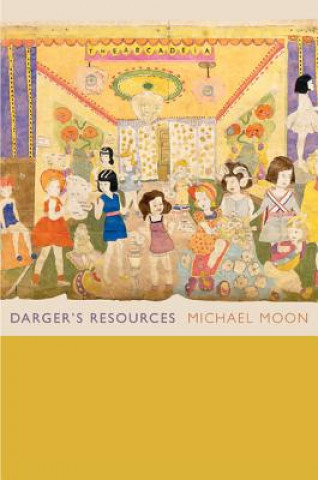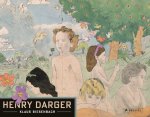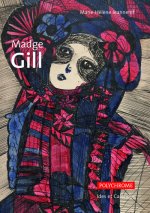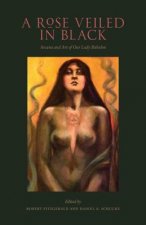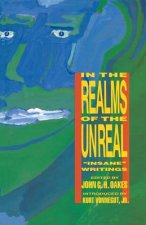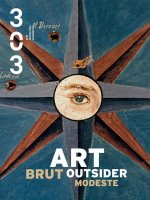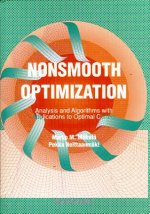
Delivery
Shopping guide





Doesn't suit? No problem! You can return within 30 days
 Gift voucher
any value
Gift voucher
any value
You won't go wrong with a gift voucher. The gift recipient can choose anything from our offer.
Darger's Resources
 English
English
 80 b
80 b
 Delivery to Austria
Delivery to Austria
30-day return policy
You might also be interested in


Henry Darger (1892-1973) was a hospital janitor and an immensely productive artist and writer. In the first decades of adulthood, he wrote a 15,145-page fictional epic, In the Realms of the Unreal. He spent much of the rest of his long life illustrating it in astonishing drawings and watercolours. In Darger's unfolding saga, pastoral utopias are repeatedly savaged by extreme violence directed at children, particularly girls. Given his disturbing subject matter and the extreme solitude he maintained throughout his life, critics have characterized Darger as eccentric, deranged, and even dangerous, as an outsider artist compelled to create a fantasy universe. Contesting such pathologizing interpretations, Michael Moon looks to Darger's resources, to the narratives and materials that inspired him and often found their way into his writing, drawings, and paintings. He finds an artist who revelled in the burgeoning popular culture of the early twentieth century, in its newspaper comic strips, pulp fiction, illustrated children's books, and mass-produced religious art. Moon contends that Darger's work deserves and rewards comparison with that of contemporaries of his, such as the "pulp historians" H. P. Lovecraft and Robert Howard, the Oz chronicler L. Frank Baum, and the newspaper cartoonist Bud Fisher.
About the book
 English
English


 Contact
Contact How to shop
How to shop















